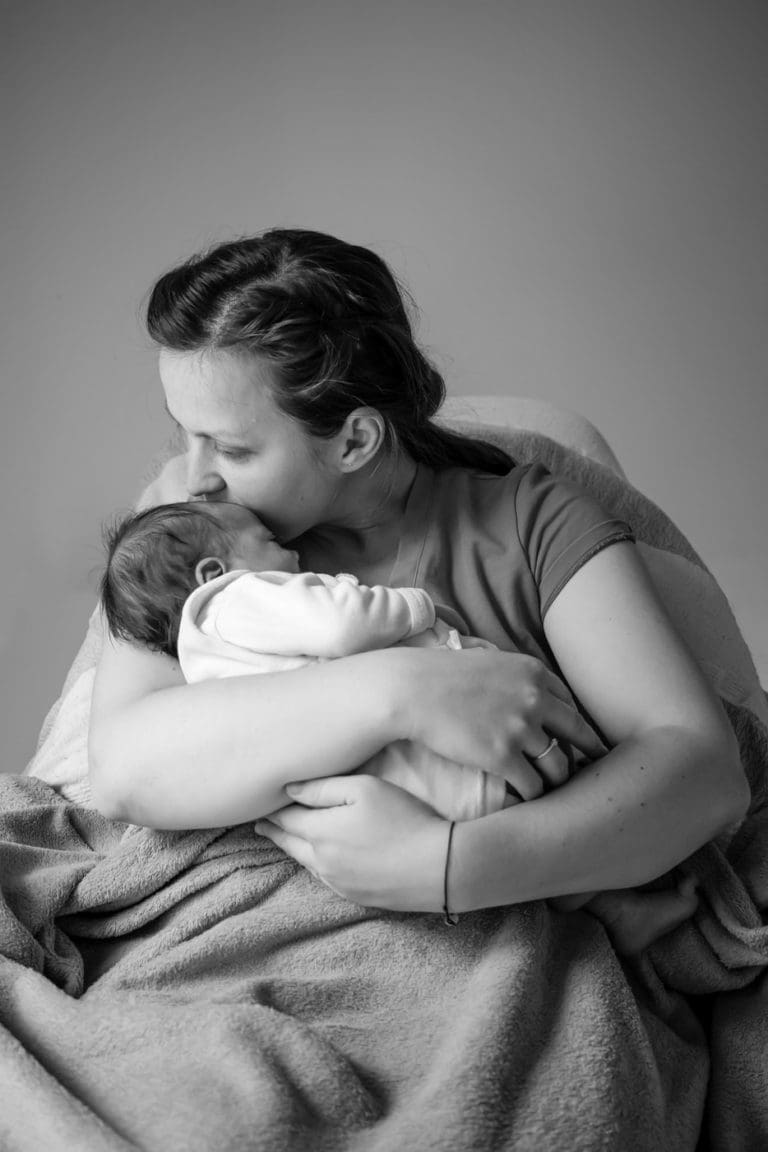Pregnancy: Things to Know and Expect During the 9 Months

Have you started eating for two? Congratulations! You’re at a point where countless women look forward to with great enthusiasm: the pride of giving life. Being pregnant may come with so much joy, but knowing what to expect is key.
Since your body will go through several physical and hormonal changes, you may experience so many things you have never before experienced. It’s an excellent idea to know what to expect during pregnancy so you can differentiate between normal and unusual and seek help when need be.
So, let’s begin.
The three trimesters
Pregnancy progresses in three stages before delivery, each lasting about three months. During the first trimester (weeks 1-12), the fetus grows rapidly. This is the time the probability of a miscarriage is highest. About 85% of miscarriages occur in the first trimester. Get medical help as soon as you experience the signs of miscarriage.
During the second trimester (weeks 13-27), you’ll start feeling the baby move — or kick. Your doctor will also likely perform an ultrasound.
You’d likely feel pelvic discomfort during the third trimester (weeks 28-40), and your feet may swell. You may also experience contractions that get you thinking, “oh, it’s time,” but don’t lead to labor.
Weight gain
Weight gain is one of the most obvious things people will observe when you get pregnant, especially towards the beginning of the first trimester.
Headaches
Pregnancy often comes with headaches, but they’re usually different from your regular headache or period headaches. Pregnancy headaches may be dull, pulsating, or sharp pain around the eye. They typically result from hormonal changes.
Although not a cause for alarm, it’s often best to see a doctor when you notice a new type of headache pattern during pregnancy.
Spotting
It’s not unusual for women to spot during early pregnancy. The bleeding often results from implantation. But it can also be due to infection, irritation, or more serious complications like miscarriage, ectopic pregnancy. It’s therefore crucial you tell your doctor about it.
Back and hip pain
During pregnancy, some women experience back pains, typically caused by hormonal changes and stress. But during the later months, the increased weight and change in center of gravity are the major causes of back pain during pregnancy. It may also lead to hip pain.
Constipation
If you often experience constipation during pregnancy, it’s because hormonal changes usually slow down the digestive system.
Hypertension
Hypertension may develop during pregnancy, especially when:
- You’re overweight
- You smoke
- You have a family history of pregnancy-induced hypertension.
It’s great to quit smoking and watch your weight for many reasons, including pregnancy.
Breasts changes
Breast changes are one of the earliest signs of pregnancy. Your breasts may feel tender, swollen, heavy, and full even before you realize you’re pregnant.
Depression
The many hormonal and biological changes may be why about 14-33 percent of women experience depression during pregnancy.
Diarrhea
Diarrhea is one of the digestive issues that often occur during pregnancy. The hormonal and diet changes are possible causes.
Vomiting
Vomiting, or morning sickness, is one of the first signs of pregnancy. It occurs during the first trimester because of the drastic hormonal changes.
Bottom line
Knowing what to expect during pregnancy matters as it helps you deal with the stress and anxiety better. Consequently, it’s always good to inform your doctor about any new or strange uncomfortable sensation you feel to protect yourself and the baby.









